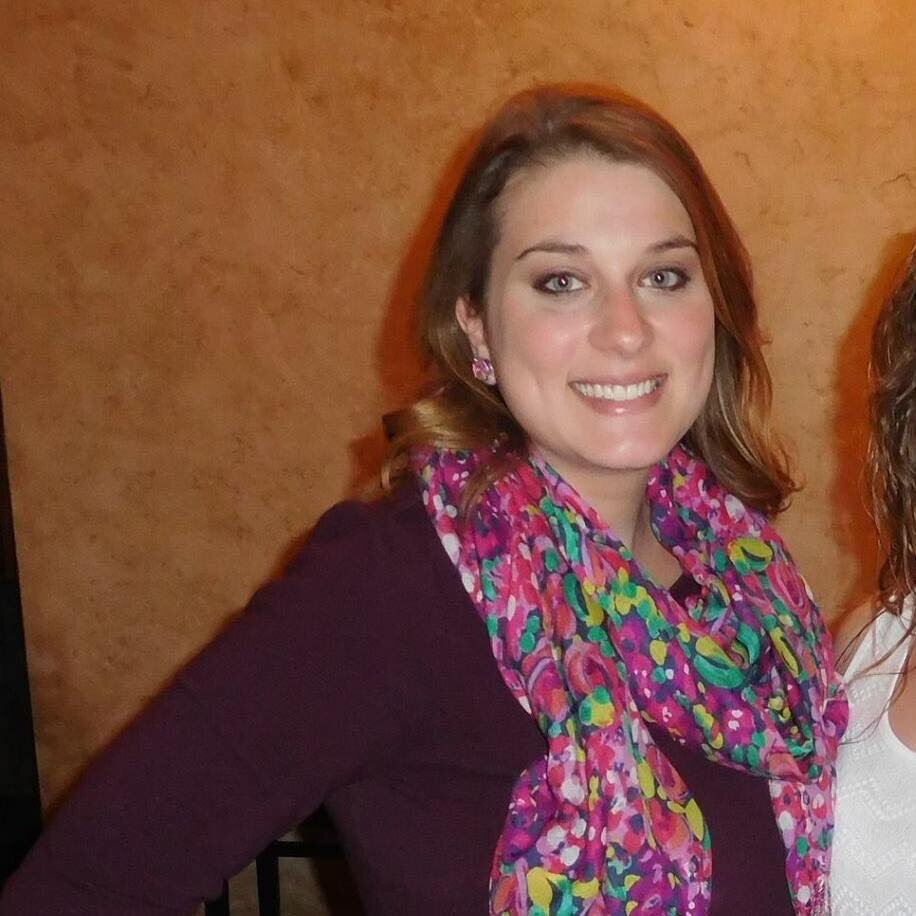Ostomy
Girls With Guts is proudly cross-publishing with the Wound Ostomy and Continence Nurses Society. This article was written by Girls with Guts Secretary Manda Barger and originally published on Wound Ostomy and Continence Nurses Society Blog.
Rachel Badovick is a certified acute care pediatric nurse practitioner. So when she underwent a total colectomy in 2019 she felt familiar with basic ostomy care. However, she began to have complications while healing. It was in this dark moment of crisis that she found the support system she needed to survive.

Rachel Badovick
Badovick was diagnosed with ulcerative colitis at the age of 24. This form of inflammable bowel disease, also known as IBD, causes inflammation and ulcers along the large intestine. She was able to finish graduate school; but after years of failed treatment, hospitalizations, and illness, she decided to get an ileostomy. She says she did meet a WOC nurse before her surgery to go over basic care. Badovick explained, “I’m a nurse myself, so I’ve changed plenty of ostomy appliances in my career, so this was more of a refresher for me.”
After her surgery, Badovick met another WOC nurse. Due to the extremely personalized care given, Badovick is calling her nurse “B” for this story. Badovick said, “B came in to go over a last-minute ostomy teaching and ended up spending an hour in my room talking with me about all the insecurities I had about living with an ostomy… Something about her personality just instantly clicked with me, and I felt so comfortable and at ease talking with her.”
Badovick began having issues soon after her colectomy. Once when she took off the dressing, she found two open wounds around her stoma. “The pain was so severe, I almost passed out taking off the dressing. I went to the emergency room, and the next morning the dermatology team diagnosed me with another autoimmune disorder called pyoderma gangrenosum.”
The Colorectal Surgery Department out of the Cleveland Clinic describes parastomal pyoderma gangrenosum as an autoinflammatory skin issue that causes painful ulcerations around the stoma. A WOC nurse was scheduled to give wound care. Badovick says she felt instant relief to be back in B’s care. “B performed my wound care with extreme patience and gentleness, despite me screaming and crying in pain.”
B gave Badovick her cell phone number for assistance, but Badovick ultimately was not be able to manage care by herself at home. She was also denied home health care. She and her surgeon didn’t know what to do until Badovick realized, “since I am a nurse, I have lots of nurse friends. I came up with the idea that they could learn how to perform my dressing changes. So, one evening several of them came to my hospital room and B showed them how to change my dressing. I was able to go home!”
Badovick’s support system grew even more. Once the WOC nurses at her work heard what was going on, they offered help too. Badovick said, “so, for the past 3.5 months, the WOC nurses at my job have volunteered their time to perform every other day, and sometimes every single day, dressing changes. They have come to my house for emergency dressing changes, and I have even been invited to their homes for emergency dressing changes.”
These nurses are a part of a larger support system Badovick found. Before her surgery, she found an Instagram page that lead her to the Girls With Guts Facebook page and forum. Since the page is ran by women with IBD or an ostomy, Badovick says she found sisterhood. She says “even if I just briefly glance at their content while aimlessly scrolling social media, it’s just an everyday reminder that there is a whole community of women who know what I’m going through. It can help me not feel so alone.”
She says Girls With Guts, called GWG for short, also empowered her. She describes that IBD patients and ostomates often feel less than, powerless, and lonely. “GWG encourages us to be strong, but also reminds us to give ourselves grace when we are sick and physically and emotionally unwell.”
The healing process isn’t over for Badovick. Her pyoderma gangrenosum isn’t completely healed and she still sees a WOC nurse about every day. That hasn’t kept her from looking ahead. She works part time in pediatric pain and palliative care and appears to no longer have digestion issues. She credits that to B and the WOC nurses she works with. She says with their compassion and expertise, they saved her from physical and emotional pain while allowing her to stay out of a skilled nursing facility. She adds, “they have celebrated my progress with me, and mourned my setbacks with me. They have shown me the kindness and compassion that every single nurse should strive to exemplify. And the thing is, they are helping me as friends, and not as a patient.”
